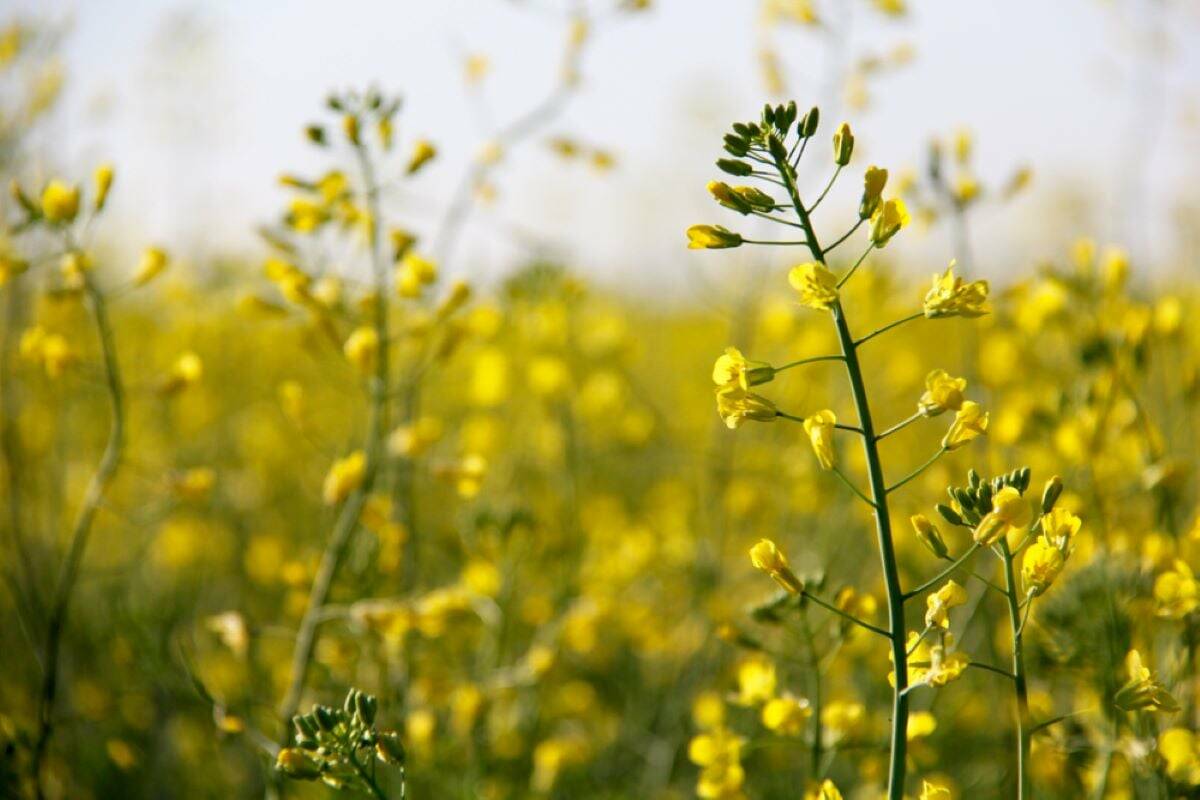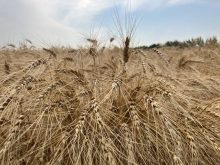The Canadian Wheat Board’s board of directors has named Alberta grain grower and board veteran Allen Oberg as its new chairman.
Oberg, the farmer-elected director for the board’s District 5 (northeastern Alberta/northern Saskatchewan) runs a 6,500-acre operation at Forestburg, about 140 km east of Red Deer.
“Farmers tell me that they want to be firmly in control of their marketing organization — and we will work to ensure that farmers are clearly in the driver’s seat,” Oberg said in a CWB release Thursday.
As chairman, Oberg replaces District 3 director Larry Hill of Swift Current, Sask., who will step down from the board of directors at the end of this year, having served the maximum number of elected terms. Hill had been chair since 2008.
Read Also

ICE weekly: China, soy complex lift canola prices
China’s upcoming lifting of tariffs and rising soyoil prices lifted Canadian canola values for the week ended Feb. 4, 2026.
Oberg and his brother grow wheat, barley, canola and peas and raise commercial cows at Forestburg. He started farming full time in 1980 after a four-year stint working for Alberta Wheat Pool, to which he became a farmer delegate in 1986.
Oberg was then elected to Alberta Pool’s board of directors in 1990. He remained on the board through the pool’s merger with Manitoba Pool Elevators as Agricore, up until Agricore’s merger with UGG as Agricore United (now part of Viterra) in 2001.
A past chairman of the Western Grains Research Foundation, Oberg also previously served on the board of the Canadian Co-operative Association and on the federal agriculture minister’s advisory committee on co-operatives.
Oberg is considered a supporter of the CWB’s single marketing desk for Prairie wheat and barley, as were his predecessors Hill and Kindersley-area farmer Ken Ritter.
Addressing the Senate agriculture and forestry committee in December 2006, he warned that the elimination of the single desk “will be all about the loss of farmer control, the loss of farmer power and, ultimately, the loss of farmer returns.”














